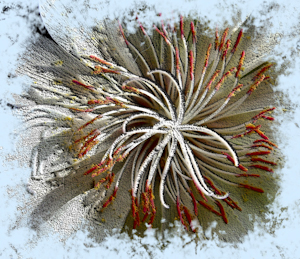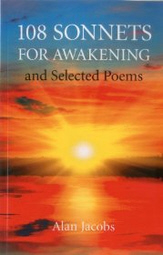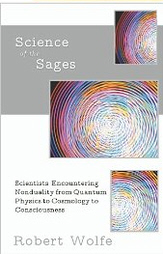of
shri toTakAchArya
An Overview by C.S.Baskaran
(Part 4 – final)
Refutation of the claim by the Dvaitin that “A Principal statement like tat tvam asi is neither acceptable nor can be rejected. It does not serve any purpose”
A Principal sentence negates the identification with the three gross, subtle and causal bodies for the seriously inclined student of Vedanta and such identification is the cause of the birth and death cycle. It generates the knowledge of the self (which equates to liberation) instantaneously. If one can accept the God and Creation through the Veda pUrva (karma kANDa) texts, why not accept the same Vedas’ Principal statement “tat tvam asi” as equally valid? When a sincere seeker is taught a Principal statement like “tat tvam asi”, “aham brahmAsmi”, “ayam Atma brahman” etc, his or her own attachment to the body certainly goes away. But, in the case of ordinary people, the false notion continues, in spite of repeated hearing of the above texts. Without the removal of false identity with the body-mind-intellect complex the transmigratory existence through cycles of birth and death cannot end. Continue reading








